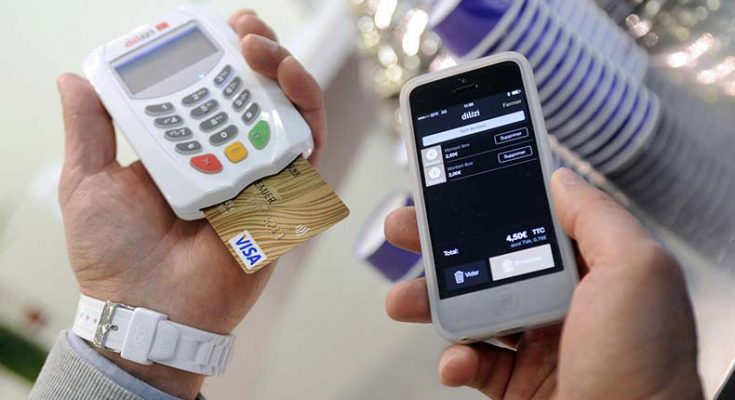Cashless Economy vs Cyber Crime in India. Image Courtesy – The independent
While the multiplication of web and portable developments has been a shelter to the worldwide economy, on the other side of this system, boundless cybercrime throughout the world and in India has begun started.
Ravi Shankar Prasad, the Telecom Minister of India, told at a summit that India has observed a huge rise of cybercrime during the last 10 years. The Telecom Minister of India also showed big worry about lack of ‘technical’ and ‘legal’ infrastructure in our country to capture ‘cybercriminals’. There is a lack of mechanism also to track the growth of the viral network and global flow of information.
The Minister gave some statistics that India witnessed only 23 incidents of ‘cybercrime’ in the year 2004, and it gradually increased step by step in every year. The statistics of the ‘cybercrime’ committed in the year 2015 was approximately 72,000. Maybe the amount of ‘cybercrime’ today has crossed well over the last year’s statistics. Media reports presented how ‘cyber-attacks’ were done to paralyze ‘financial’ and ‘data’ infrastructure.
Read: No significant improvement is still observed in banks and ATMs since 8th November
The country’s government sector, and private sector both are facing extraordinary advancement in ‘cybersecurity’ incidents like ‘hacking’, ‘phishing’, ‘mutilated websites’, ‘network breaches’, ‘virus attack’ etc. Attackers are using computer systems located in different countries and utilizing secret techniques with their hidden servers. So, it has become very much difficult to properly trace-out them.
In addition, while ‘cybercrime’ may show up as an urban wonder, bringing about enormous misfortunes to large companies. While this is more likely a sign that web infiltration in the country is expanding; simultaneously, organizations in these areas are not prepared to combat these complicated dangers. So, they are facing enormous difficulties.
According to the National Crime Records Bureau (NCRB) information for 2013, it was observed a bounce of 122.5% in ‘cyber crimes’ more than 2012. Hacking covered nearly 60% of all ‘cyber crimes’ (under IT Act) in India followed by vulgar posts (28%).
Read: Demonetization and corruption in RBI
After the demonetization and withdrawal of Rs.1000 and Rs.500 currency notes, people are being pushed by the government to use a cashless transaction system. But, the maximum number of people (other than IT-related people) are having a lack of knowledge about digital payment and cybersecurity. So, it is a grave threat to the people of India to be accustomed to cashless transaction technology.
A section of people feels shopping is secured and helpful utilizing credit or debit cards. It saves us from carrying a lot of money as we move in a crowded shopping mall or crowded transportation system, particularly in festive seasons. In any case, the card option is not really that safe, and it can at any time make us helpless against ‘fraud’ or ‘theft’.
Cyber Crime Cell of the Coimbatore City Police have blocked fake exchanges to the tune of Rs. 21 lakh and have checked holders get back their cash in the year 2015.
Another case of a city-based businessperson got various alarms of purchases made utilizing his card. He promptly informed the bank that prevented further money transactions from his credit card. But, he kept on getting alert messages on his cell phone that a couple of more worthless attempts occurred to utilize his card. So, it is easily assumable that how much active the hackers are in the ‘world wide web’.
Read: 12 Pakistanis were killed after retaliation of Indian Army on Pakistan’s ‘ceasefire violation’
There are many events when different exchanges have been made for a large amount of money utilizing another person’s credit card. It can be ceased if the cardholder informs the police and obstructs the card instantly in the wake of getting an alert of a money transaction.
Police authorities include that a few people request the bank to block their card instantly, but do not inform the police immediately. Postponement of over a day or two makes it difficult to switch back the transaction amount as the product purchased on the card get despatched by the supplier.
In the conclusion, we can assume that more technical knowledge and proper training to the common people is required to maintain cashless transaction without any hazard; simultaneously, technology should be properly implemented to resist ‘cybercrime’ and enforcement of compatible laws are required immediately to save the people.





